Living With the Locals Through Community-Based Tourism
Throwing yourself into a new culture can be one of the most rewarding parts of travel. Here are some things to consider if you're about to check-in to a homestay and check out a place with a community-run operator.
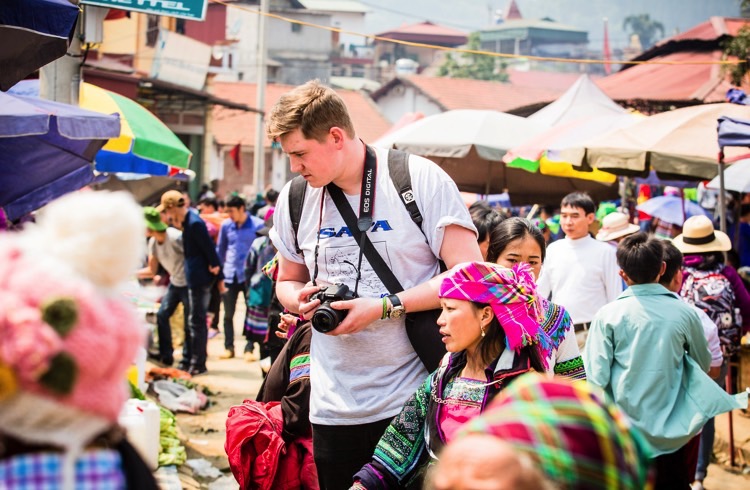 Photo © Brian Rapsey
Photo © Brian Rapsey
When traveling, it’s easy to just see the veneer of culture without really getting to the heart of a community and understanding the local people. It’s also hard to know whether the money you’re spending on a tour or hotel is really going to benefit the locals.
Community tourism offers a solution to this. Locally run organizations, usually based in rural locations, give travelers the opportunity to fully experience the culture of a community and connect with locals. Often, community tourism will involve you being hosted by a local in their home as they go about their day-to-day lives. It can give travelers an opportunity to see what’s beneath the surface of a community as well as support the local economy through sustainable tourism.
Things to consider before you choose community tourism
What to expect
Just like the people and cultures you’ll come across in your travels, the homes and facilities you’ll come across can wildly vary. Some homestay providers simply clear out a bedroom for your visit, add another portion to their food preparation, and treat you as one of the family. Others have built separate living quarters for visiting travelers and have a wider range of amenities than you might be used to finding in a hotel. It’s always a good idea to do a bit of research before a community visit and make sure you’re prepared for what environment you’ll be living in.
It’s also valuable to look into the customs and traditions of the hosting society before arriving. Having a basic understanding of appropriate greetings, food etiquette and clothing can both prepare you for the experience and avoid any accidental offense.
A smile goes a long way
English may not be widely spoken by many, if anyone, in rural communities. So unless you speak the local language, you're going to be miming your way through your request for more chicken or less rice. For many, this is a welcome challenge – it’s amazing how much can be communicated by pointing and a smile.
Prepare to be immersed
There are many challenges involved – eating unfamiliar foods, adjusting to the local schedule and living among the chickens and roosters (who, by the way, cock-a-doodle-doo WAY before dawn). However, the rewards can be rich, educational, and inspiring – it’s extremely rare to get a first-hand view of the lives of people so different from you, culturally, economically and personally. My hosts have been among the most generous, hard-working, and genuine people I've ever met.
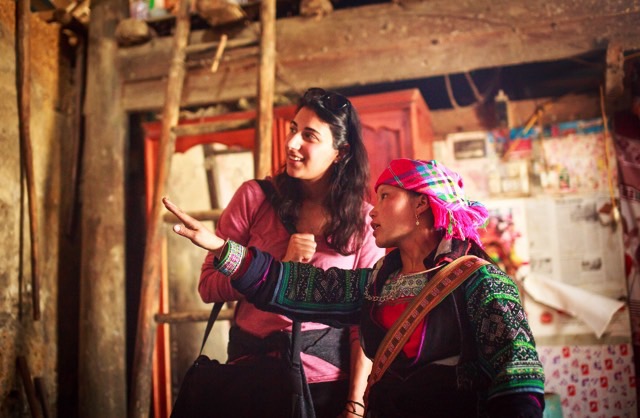
The benefits of community-based tourism
Be prepared to live on basics
You might find a lot of homestays are a far cry from a 5-star hotel, but just remember, this push out of your comfort zone can be a way to challenge yourself and give you a better understanding of the people and culture around you. In my experience, homestay hosts were always happy to make sure I had all the necessities for my stay.
Put yourself out there
Diving into a new way of daily life and culture can be daunting and being surrounded by people who may not speak the same language as you can be challenging. Different cultures around the world approach new visitors differently, be aware that some cultures can be shyer at approaching people they don’t know than others.
Humans are naturally curious about others, so put yourself out there and strike up a conversation. I know from my experience the most rewarding memories have been the connections I’ve made with people. So be open-minded, be respectful, and be curious.
Participate
You may not be visiting a community to volunteer your time, but nothing builds a bridge, like helping with the daily work. Whether that means helping with meals or in the fields, do what you can to participate in the lives of the people you're visiting. You might see things you never would have imagined (read about this traveler’s wild experience with a host family in Mongolia), or even leave with a new skill.
Share your stories
You may be visiting to learn about the lives and cultures of the host community, but they are just as interested in learning about life in your home country. Think of it as a cross-cultural exchange, so show photos, tell stories, and share customs.
Related articles
Simple and flexible travel insurance
You can buy at home or while traveling, and claim online from anywhere in the world. With 150+ adventure activities covered and 24/7 emergency assistance.
Get a quote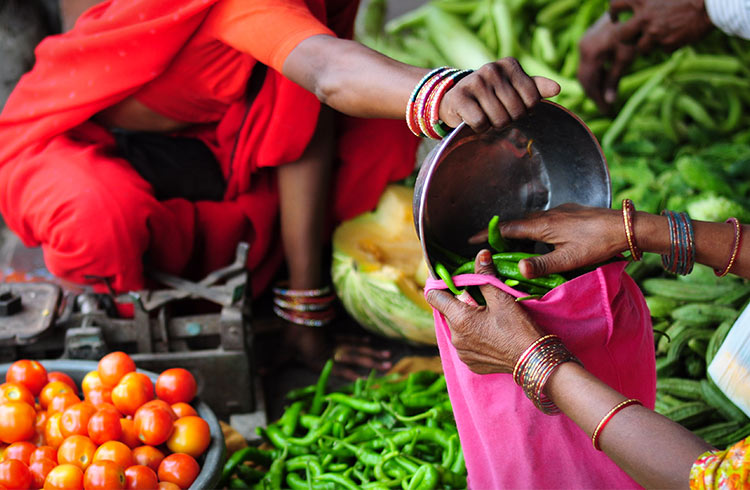
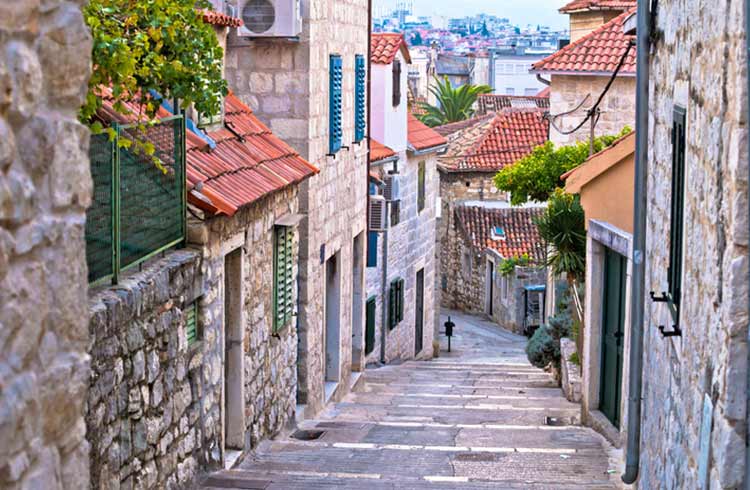
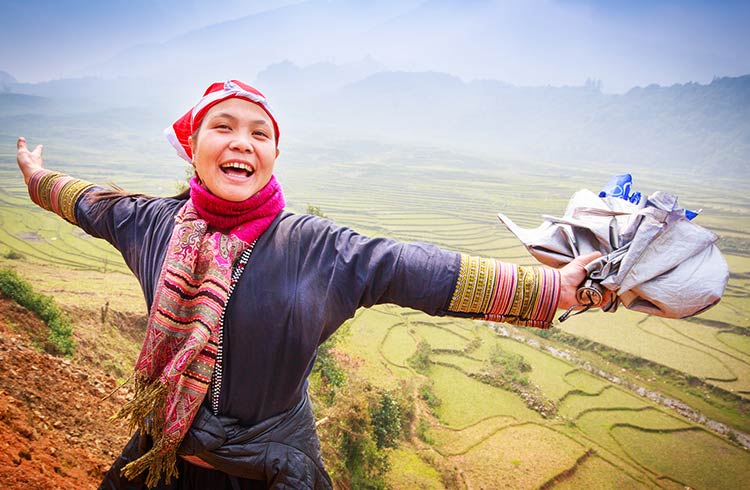
No Comments